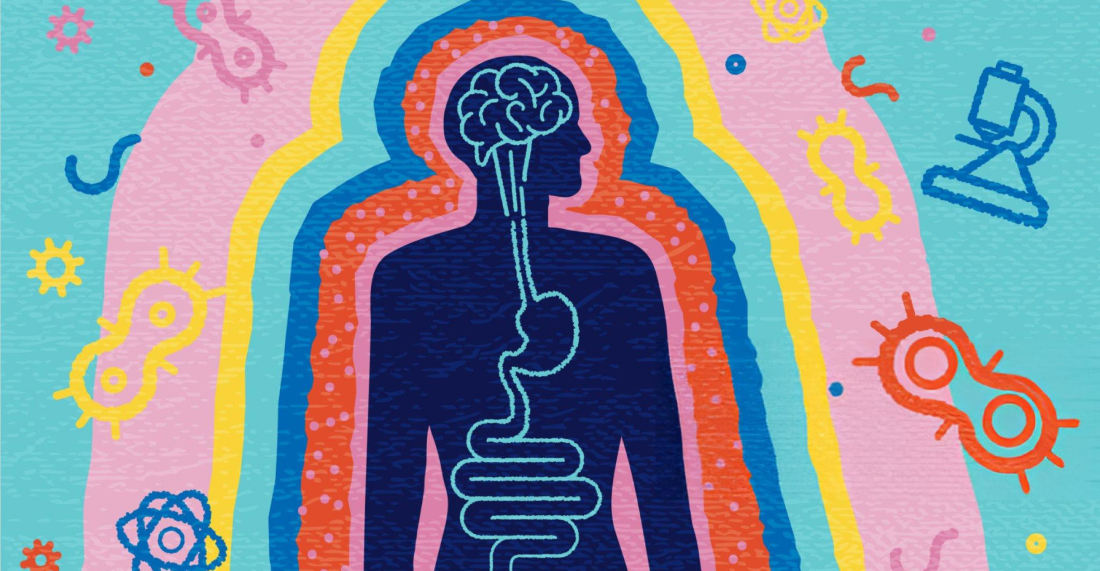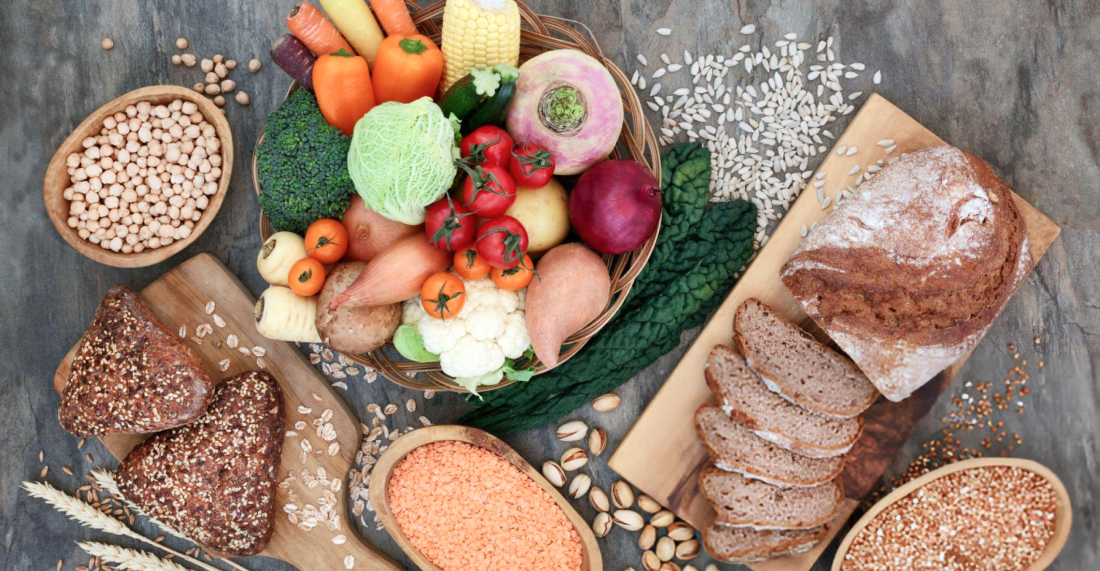

If you’re a regular on the internet, you must have seen lots of opinions about gut health and how to improve it. The gut and how to keep it healthy has been one of the favourite topics of netizens over the last few years and that’s exactly what we are going to discuss today.
Let’s start from the very basics and understand what we mean by gut health. Gut health simply means how healthy your digestive system is. This includes organs such as your stomach, intestine and colon. Overall gut health is determined by the types and levels of bacteria present in your gut.
Gut health might impact your body in various ways such as:
Some symptoms of poor gut health are fatigue, upset stomach, skin conditions and weak immunity levels. But there are natural solutions to improve gut health.
Gut health issues are very common in today’s stressful and fast food-driven lifestyle. The good news is some simple and natural measures can get you relief from gut health issues. These simple steps if followed can improve your gut health by manifold.
Having a constant high level of stress can affect your whole body along with your metabolism, digestive system and gut health. Some natural remedies are meditating, having a massage, walking, and spending quality time with friends and family.
Having a proper healthy sleep cycle is essential for improving your gut health.
Eating at proper intervals and properly chewing your food can work wonders. Take time to eat your meals.
Drinking a lot of water flushes harmful bacteria out of your system, which in turn, refreshes your overall gut health.
Prebiotics help good bacteria to grow in your gut. Some foods which are rich in prebiotic fibres are flax seeds, chia seeds, whole grains such as oats and various types of lentils, leafy green vegetables, garlic, onion, soybeans and artichokes. Probiotic food itself contains live bacteria which helps your gut to stock these microorganisms. Probiotic food includes yoghurt, apple cider vinegar, pickles, kombucha and others.
Ensure in general the meals you take are healthy. Avoid junk food processed and ultra-processed food and high-fat foods. Regular intake of vegetables, fresh fruits, coffee and tea is suggested.

Diet and gut health are very closely linked. Certain foods actively promote the growth of beneficial bacteria in your gut, while certain harm your gut in different ways.
Foods rich in high fibre help keep your gut healthy. For example, legumes such as black beans and chickpeas, whole grains such as oats, and quinoa, and leafy vegetables such as spinach, broccoli and asparagus are excellent sources of fibre.
Also, lean meat, avocado and low-fructose fruits like oranges, berries and apples help the digestive system perform better.
The worst foods for gut health include all sorts of fried and junk food that contain a lot of unhealthy fats, food rich in sugars, especially artificial sugar syrups, and food products made from white flour such as white bread and pasta, which can be difficult to digest.
Let’s talk about supplements now, another buzzword in the netizen world.
Millions of microscopic organisms live in our gut which constitute the gut microbiome. Supplements can help balance this gut microbiome.
Choose supplements rich in vitamin C and vitamin D as these vitamins help your overall immunity system. The supplements should also contain prebiotics, probiotics and amino acids such as L-glutamine.
Ginger is a key ingredient which reduces bloating, inflammation and other gut-related issues. If you cannot take fresh ginger adequately, you can consider taking a supplement which has this ingredient. Peppermint oil and digestive enzymes also help break down the food.
But before making these supplements a part of your daily routine, consult your physician to ensure they don’t hamper your existing medical conditions or medications you are currently on.
The most important drink that helps improve your gut health is plain and simple water. Keeping you hydrated throughout the day, water works wonders in digesting protein-heavy food.
Kombucha is a carbonated health drink that is made with fermenting yeast and bacteria with sweetened tea. Kombucha has a high content of probiotics and is very good for your gut health.
Consuming lukewarm ginger tea before every big meal helps in digestion as it fights back acidity, stomach-ache and indigestion. Ginger stimulates the production of saliva, bile and various gastric juices that instantly start breaking down the food particles.
Coffee works as an energy booster and stimulates the digestive tract. Coffee helps with the cleaning of the bowel as well. But you must regulate its consumption as excessive caffeine may lead to anxiety and diarrhoea.
Some other very popular drinks that help improve gut health are lemongrass tea, peppermint tea and fennel tea. All of these assist your digestive system and keep your gut healthy.

Maintaining good gut health works as a shield for the entire body and improves the overall immunity system. Gut health can be improved in various ways. Having a healthy diet, engaging in regular physical activity and managing stress are the key factors contributing a good gut health.
Sources:
Spread the love, follow us on our social media channels